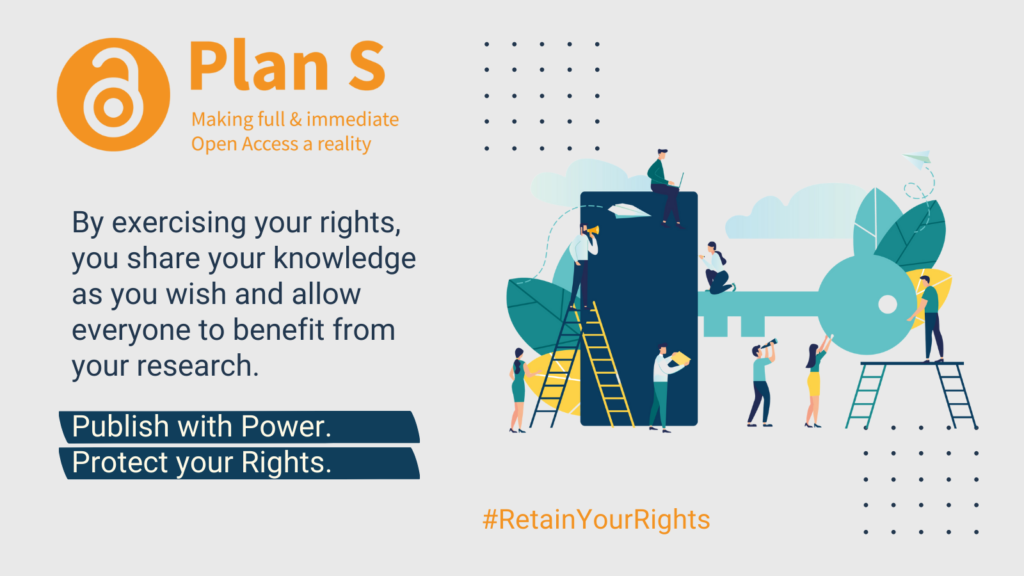This Academic Writing Month, think of your rights as authors
By Christina Daouti, on 7 November 2022
November is Academic Writing Month: an annual event giving you the opportunity to set some writing goals and put time aside to meet them, while sharing progress and writing tips with others. Whether you are an academic researcher, a postgraduate research student or in any other role involving academic writing, we hope that your writing is going well and that your research article, thesis draft, book chapter, monograph or conference paper gets a bit closer to being completed.
Completion, of course, is just the beginning. Take journal articles, for example: imagine that happy moment when you click on ‘Submit’ on a publisher’s platform. Even better, imagine the moment you receive the acceptance email confirming that your paper will be published, after weeks or months of waiting, responding to reviewers’ comments, editing and resubmitting. Publication will be your reward for all these writing efforts, and for a moment it feels like there’s nothing else to think about other than your next publication.
Except there is still something important to think about. On acceptance, you are asked to sign a publisher agreement. Unless you are publishing the paper open access, what you are asked to sign is usually either a copyright transfer agreement where you assign your copyright to the publisher, or an exclusive licence where you keep copyright but still need permission from the publisher to reuse your own paper. As you normally need to sign the agreement quickly to avoid publication delays, there is little opportunity to read the terms and conditions carefully, let alone to question or negotiate them, particularly if the licence is a click-through document.
Most of us have done this – I certainly have: in the excitement and relief of getting a paper article accepted, we sign away our rights to the paper, often limiting its potential to be accessed, read, and cited. And while sometimes a standard agreement allows us to keep some rights – including the right to reuse the article in our own teaching, or to republish in a collection – these are not guaranteed and are often restrictive; like the right to share the article online but only 12-24 months after publication. There are good reasons why cOAlition S funders, including UKRI and the Wellcome Trust, require their funded researchers to retain their rights to their publications and share them with the most permissive Creative Commons Licence. But regardless of your funder, being aware of what you are giving away in a publisher agreement and trying to keep some rights is beneficial both for you as a researcher and for the audiences you want to reach.
Three things you can do about your rights
- In-between writing sprees this November, take this short quiz about your rights as author. What do you stand to lose if you sign the publisher agreement without reading it? Discover some simple things you can’t do after signing a standard agreement.
 Next time you are presented with an agreement to sign, take a moment to read it through. Are you keeping enough rights to share your knowledge as you want to?
Next time you are presented with an agreement to sign, take a moment to read it through. Are you keeping enough rights to share your knowledge as you want to?- Come along to one of our sessions on Copyright and your publishing contracts. You can bring a contract to discuss. The next session is in person on 7 December 2022, but we also run sessions online and on demand. Please contact us at copyright@ucl.ac.uk for advice or to arrange a session.
 Close
Close



